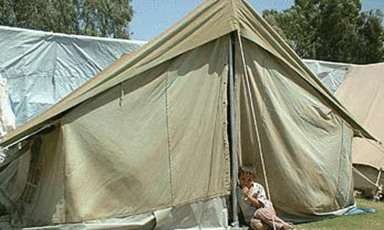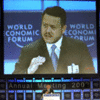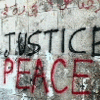Dreaming of Palestine
Washington D.C. 25 June 2003
“It was more than 30 years ago that I fell in love with Palestine. It was 1971 and I was in Lebanon doing research for my doctoral dissertation. Ghassan Kanafani, the brilliant Palestinian novelist, advised me that ‘to learn about us, you must go to the camps and immerse yourself in the people.’ The stories these refugees told were so achingly vivid in detail, so raw in the emotion they conveyed, and so right in the simple justice they demanded. It was this, I came to believe, that had kept Palestine alive.” James Zogby writes about hope and dreams of Palestine. Read more about Dreaming of Palestine





